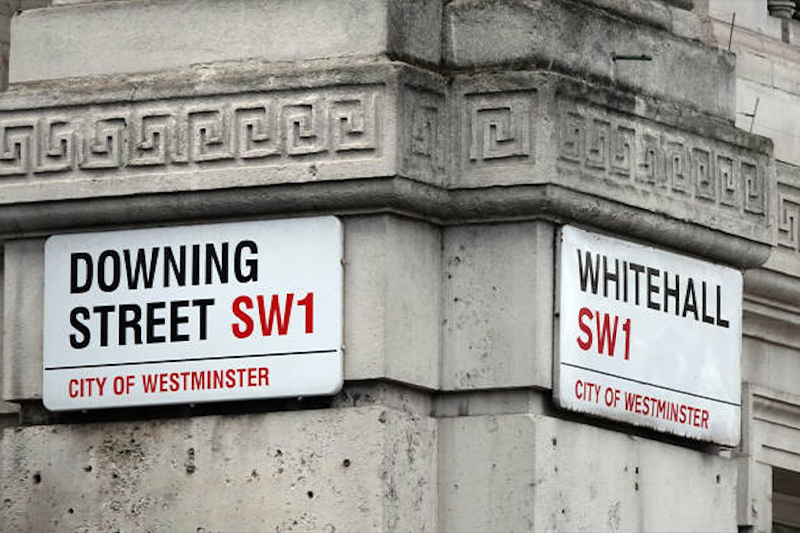
Chancellor Rachel Reeves has just delivered her first Budget. As the first Labour budget in over a decade, it comes with substantial changes aimed at stabilising the economy and supporting individuals and businesses. Below, we have outlined key points that may impact you and your business:
Economic Goals & Public Finances
- The Chancellor aims to restore economic stability and transparency, with a focus on economic growth. Public finances were shown to have a £22bn gap, and measures have been introduced to close this through additional tax reforms.
- Real GDP growth is forecasted to reach 1.1% in 2024, growing to 2% in 2025, then averaging between 1.5% and 1.6% from 2027 to 2029. Inflation is projected to fall gradually to 2% by 2029.
Personal Taxes
- The freeze on income tax and Employee National Insurance thresholds will end in 2028, with thresholds adjusting in line with inflation.
- Capital Gains Tax (CGT): Rates on gains will increase, with effect respectively for disposals made on or after 30 October 2024, with the higher rate rising from 20% to 24% and the lower rate from 10% to 18%. Rates on residential property sales remain the same.
- Inheritance Tax (IHT): The IHT threshold freeze will extend to 2030, while inherited pensions will now be subject to IHT from April 2027. Agricultural property relief will also undergo reform.
Business Taxes
- Employers' National Insurance Contributions (NICs): From April 2025, the rate will increase to 15%, with the secondary threshold lowered from £9,100 to £5,000.
- The Employment Allowance will increase to £10,500 from £5,000 to offset some additional costs for small businesses. The Employment Allowance is a government program that allows eligible small employers to reduce their National Insurance (NI) liability.
- The Business Asset Disposal Relief (BADR), which offers a reduced rate of CGT on qualifying business disposals, will see phased rate increases. It will remain at 10% this year, rise to 14% in April 2025, and reach 18% by 2026-27. This adjustment affects business owners planning to sell or restructure, who may wish to consider timing of disposals to optimise relief. The lifetime allowance remains unchanged at £1m.
- Corporation Tax will remain at 25% for companies with profits over £250,000 until the next election, and full expensing and the Annual Investment Allowance will continue.
- The non-domicile tax regime will end in 2025, replaced with a new residence-based system for those coming to the UK temporarily, aiming for “internationally competitive arrangements.”
National Minimum Wage (NMW) and Employment Costs
- The UK's NMW and National Living Wage will increase from 1 April 2025:
- For those aged 21 and over: £11.44 per hour to £12.21 (6.7% increase), meaning an annual equivalent of ~£25,500 for a 40-hour week.
- For those aged 18 to 20: £8.60 per hour to £10 (16% increase), or ~£21,000 annually for a 40-hour week.
- For apprentices: £6.40 per hour to £7.55 (18% increase), or ~£16,000 annually for a 40-hour week.
- Employers may need to review salary sacrifice schemes and adjust reward strategies to maintain pay differentials and competitive non-cash benefits.
Other Tax Measures and Revenue-Raising Initiatives
- VAT on Private School Fees: Set to go into effect in 2025, with business rates relief for private schools also being removed.
- Air Passenger Duty on private jets will rise by 50%.
- CGT on Carried Interest: Rates on carried interest will increase to 32% from April 2025, with further reforms to follow in 2026.
- Stamp Duty Land Tax: The surcharge on second homes will increase from 3% to 5%.
- Alcohol and Tobacco Duties: Taxes on non-draft alcoholic drinks will align with RPI inflation, while draught drink tax will see a minor reduction.
Public Services and Investment in HMRC
- Healthcare: An additional £22.6bn for NHS day-to-day spending in England, plus £3.1bn in new investments.
- Education: £6.7bn for education investment, including £1.4bn to rebuild 500 schools.
- HMRC Modernisation: Further investment in HMRC will enable new technology and additional compliance officers, helping to close the tax gap and enforce stricter compliance on umbrella companies and tax debt payments.
Housing and Infrastructure
- Affordable Housing: The budget for affordable homes will increase by £500m.
- Infrastructure: Projects include continued funding for the HS2 line to Euston, alongside national infrastructure investments to support a sustainable and green economy.
Future Budget and Tax Events
- Moving forward, there will no longer be biannual fiscal events. The budget will now be presented only in Autumn, and the Spring Statement will serve as a financial update without tax changes. This aims to provide businesses with a year to navigate tax changes before the next budget.
The budget aims to foster long-term economic stability while balancing fiscal responsibility. We are here to discuss how these changes may affect your finances and help you navigate the tax and planning impacts.
Please feel free to reach out with any questions or to schedule a meeting.